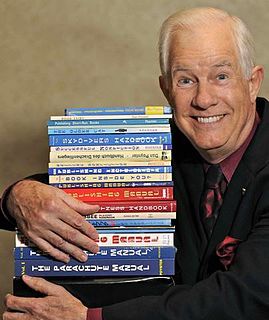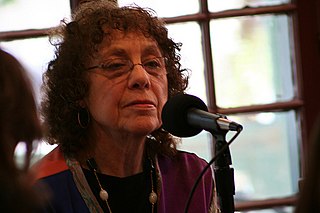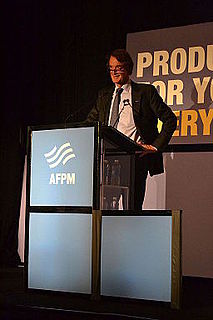A Quote by Dan Poynter
Printing and transporting paper is very expensive, and e-books eliminate the expensive four-color printing, the higher quality paper, the ocean shipping, the customs clearance, the inventory, answering the telephone, writing up the orders, picking, packing and shipping and managing all of these functions. So we eliminate a huge number of costs and the chance that those books won't sell.
Related Quotes
One already feels like an anachronism, writing novels in the age of what-ever-this-is-the-age-of, but touring to promote them feels doubly anachronistic. The marketplace is showing an increasing intolerance for the time-honored practice of printing information on paper and shipping it around the country.
My specialty as a collector is books that almost have value. When I love a book, I don't buy the first edition, because those have become incredibly expensive. But I might buy a beat-up copy of the second edition, third printing, which looks almost exactly the same as the first edition except that a couple of typos have been fixed.
Germany has great skill levels, great infrastructure, high-quality plant. If you go to the U.K., we're very creative, and we've got the language, but energy costs are pretty much the most expensive in the Western world; pensions are pretty expensive, and the skills are significantly below those in Germany and the U.S.
If I were rich I would have many books, and I would pamper myself with bindings bright to the eye and soft to the touch, paper generously opaque, and type such as men designed when printing was very young. I would dress my gods in leather and gold, and burn candles of worship before them at night, and string their names like beads on a string.

































